

Adopting a new kitten means going through many milestones together, including bringing your cat home for the first time, litter training and introductions to other animals to name a few. Other important first steps will take place in your veterinarian's office. From vaccinations to spaying and neutering, being a new pet parent comes with new responsibilities.
To help you prepare, here's a list of the most common kitten vaccinations vets recommend and why they're important for your new family member. Educate yourself first, and then work with your vet to create a vaccine schedule right for your family.
When Are Kitten Shots Given?
Did you know a kitten's disease-fighting ability begins with a healthy mother cat? According to the American Society for the Prevention of Cruelty to Animals (ASPCA), kittens take in disease-fighting antibodies from the mother cat's milk when they nurse. Most kittens are weaned by around 8 weeks and receive their first vaccinations around the age of 8 to 9 weeks. Second vaccinations are recommended 3 to 4 weeks later and some vets will recommend a third booster at 16 to 20 weeks of age.
If you adopt a cat older than that, your vet will help you identify what vaccines are recommended, what age you should begin with the shots and how long they'll need to be given.
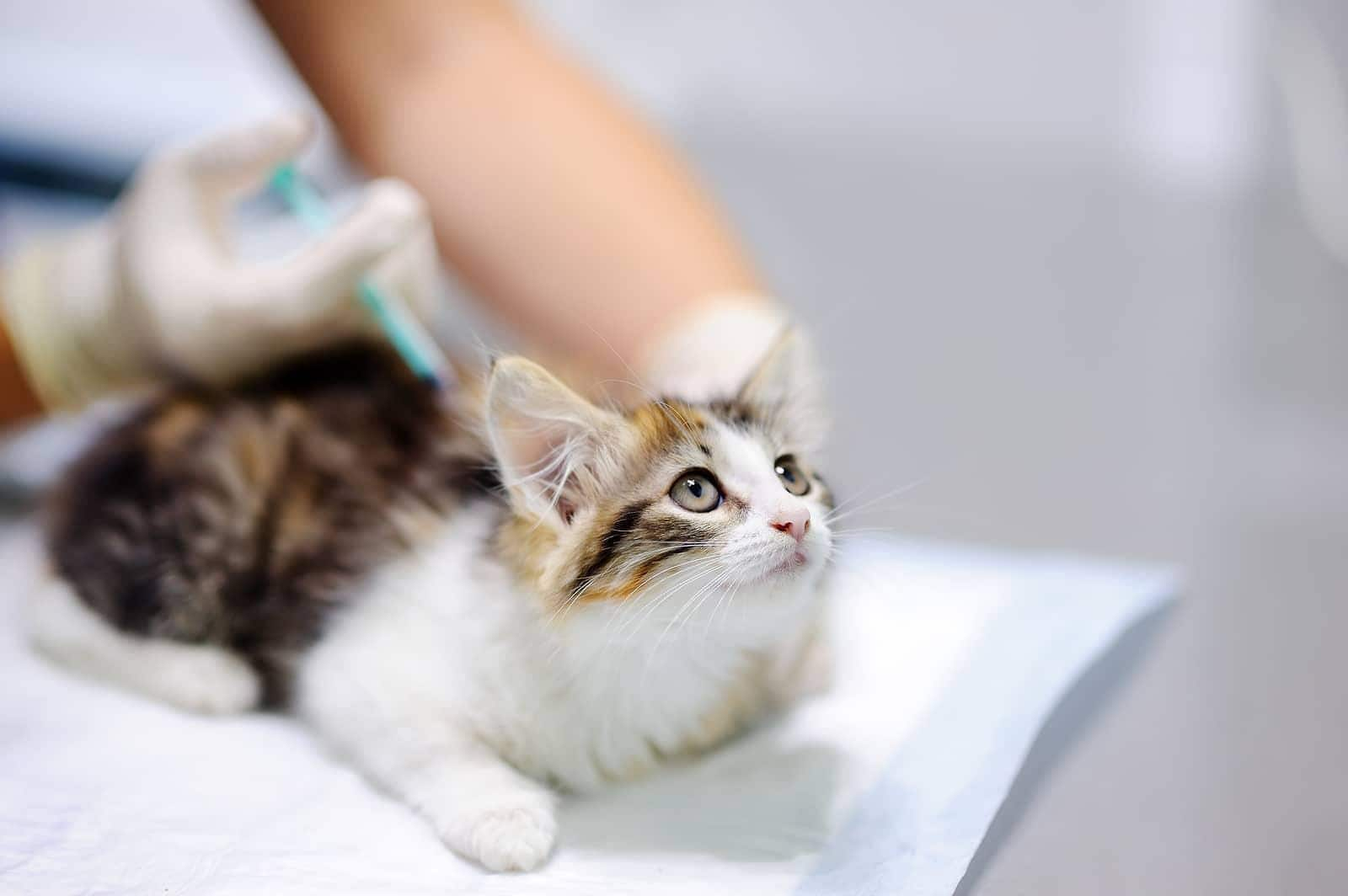


Tasty Tips
Potential Kitten Vaccinations Your Cat May Receive
- Bordetella: Bordetella (often referred to as kennel cough in dogs) is a highly contagious respiratory disease, which is why many vets will recommend getting the vaccine. It can be transmitted by sneezing and coughing and is especially an issue in multi-cat families. However, remember that your kitten can contract it prior to adoption, especially if raised in a place with other kittens or adult cats. This is not a common vaccination in the United Kingdom (and Republic of Ireland), and under no circumstances should your cat ever receive the canine vaccination.
- Feline Calicivirus: Considered one of the core kitten vaccinations, your vet may suggest you protect your cat from feline calicivirus. It's one of the most common respiratory illnesses, and young kittens are especially susceptible to it. Signs of this disease include swollen face and joints, hair loss and scabbed or ulcerated skin. Feline calicivirus can also attack internal organs, like the lungs, pancreas and liver.
- Feline Leukemia: According to the ASPCA, feline leukaemia is "one of the most commonly diagnosed causes of disease ... in domestic cats." Even if your kitten isn't going to be vaccinated against it, talk to your doctor about testing for it before bringing them home. This illness often does damage to your cat without any outward symptoms, meaning your new kitten may have it and bring it into your home without your knowledge. Feline leukaemia weakens the immune system and predisposes a cat to many other illnesses, such as anaemia, kidney disease and lymphosarcoma, according to the ASPCA.
- Feline Herpesvirus Type 1: The feline herpesvirus causes conjunctivitis and upper respiratory issues in cats, which is why it's considered a core vaccine for your kitten. Also called viral rhinotracheitis, this disease can infect cats of all ages. However, just like any herpesvirus, it's species-specific, so this variation can only affect your kitten — not you or other types of pets, like dogs, birds or fish.
- Chlamydophila felis: A chlamydia infection is usually passed by close contact with other cats. Unlike other feline respiratory illnesses, chlamydia is not usually fatal. It most often presents with red, swollen or runny eyes, according to the European Advisory Board on Cat Diseases, and may require antibiotic treatment. The chlamydia vaccine is not a core kitten shot, but your vet might recommend it.
- Panleukopenia: The shot for panleukopenia, also known as feline infectious enteritis is another recommended vaccination. Kitten distemperment is both highly contagious in cats and often fatal. It is often passed from an untreated mother cat to her kittens. The virus goes to work on white blood cells and cells in the intestinal lining and is a common cause of "fading kitten" syndrome. The Spruce Pets explain the signs of fading kitten syndrome in a very small kitten might include an inability to nurse or a low body temperature.
- Rabies: According to the Centers for Disease Control and Prevention, the rabies virus is spread through the saliva of a sick animal and can affect mammals ranging from dogs and cats to bats and foxes. Undetected rabies is extremely dangerous to humans. The UK is rabies-free but a rabies vaccination is a legal requirement for cats travelling abroad / returning to the UK under the Pet Travel Scheme.
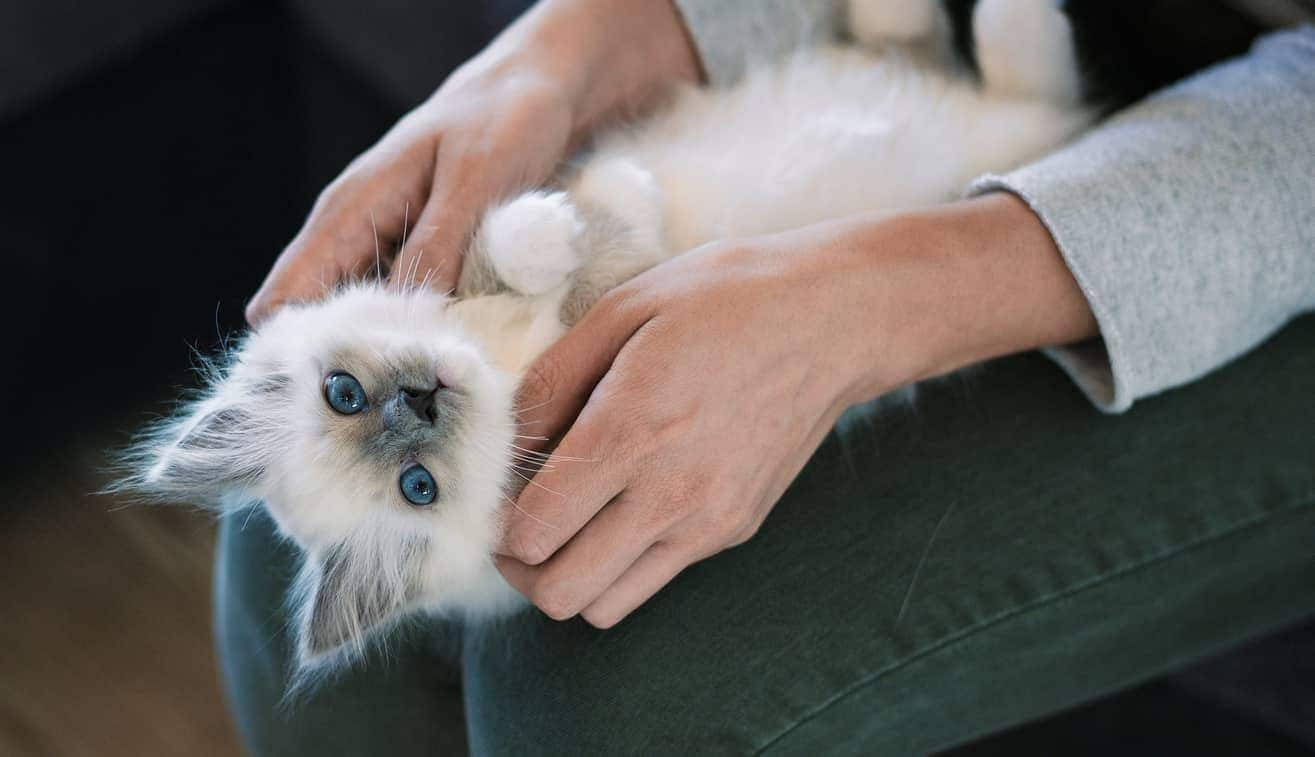
Listen to Your Vet
It can be tough to know how to make a decision on which of these kitten vaccinations is right for your new pet, which is why you should always consult your vet for advice. Your veterinarian will ask questions about your kitten's lifestyle and what the environment is like in your home. Some common questions include:
- Where did you get your kitten from? Was it a shelter or a breeder or as a stray?
- Was your kitten raised with other animals before? If so, which species?
- What other animals do you have in your home?
- Are you planning on travelling with your kitten or possibly boarding them while you travel?
Remember to answer any questions honestly, even if you're not sure of the answer. The more information you provide to the vet, the better they will be able to help you decide which, if any, vaccines your new family member should receive.


Erin Ollila believes in the power of words and how a message can inform—and even transform—its intended audience. Her writing can be found all over the internet and in print, and includes interviews, ghostwriting, blog posts, and creative nonfiction. Erin is a geek for SEO and all things social media. She graduated from Fairfield University with an M.F.A. in Creative Writing. Reach out to her on Twitter @ReinventingErin or learn more about her at http://erinollila.com.
Related products
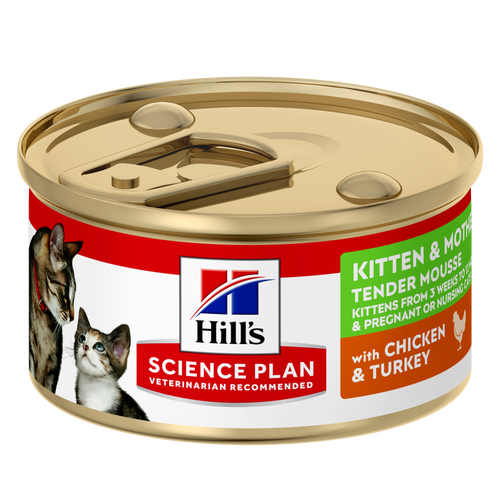
Hill's Science Plan Kitten & Mother Tender Mousse Cat Food with Chicken & Turkey is a complete premium pet food for kittens from weaning until 1 year old and for pregnant and nursing cats. Formulated with chicken, turkey and other specially selected ingredients to support gut health and optimal growth. It comes in a soft mousse texture they'll love.
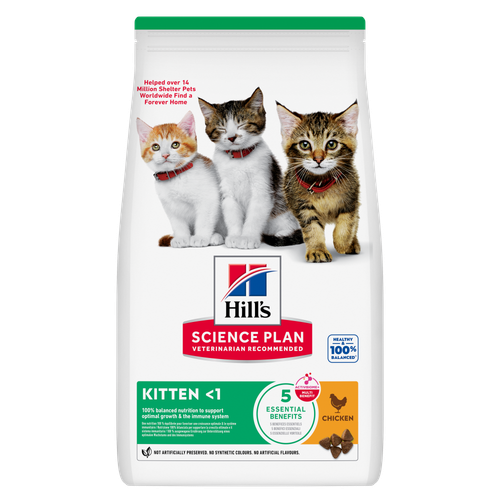
Hill's Science Plan Sterilised Kitten Cat Food with Chicken is specially formulated with ActivBiome+ Multi-Benefit Technology. This food is carefully formulated for the developmental needs of kittens, so they get the best start in life & grow to their full potential.

HILL'S SCIENCE PLAN Hypoallergenic Adult cat food with egg & insect protein is a complete pet food for adult cat 1–6 years old. It's formulated for cats with delicate skin and stomach, with limited high quality novel protein sources & no grain.
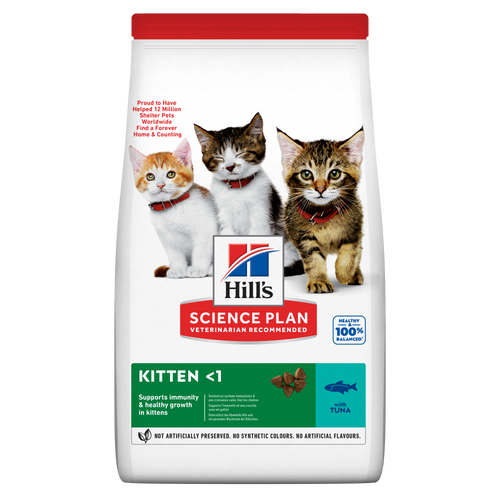
Hill's Science Plan Sterilised Kitten Cat Food with Salmon is specially formulated with ActivBiome+ Multi-Benefit Technology. This food is carefully formulated for the developmental needs of kittens, so they get the best start in life & grow to their full potential.
Related articles
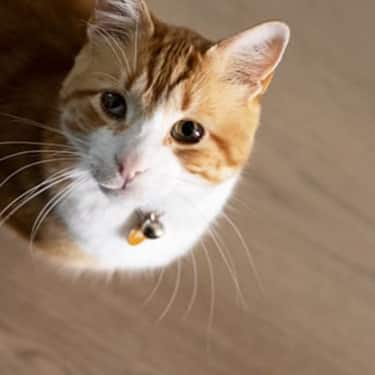
Learn how to spot the signs of a skin condition in your cat and the steps to take for their wellbeing. For comprehensive care advice, visit Hill's Pet.
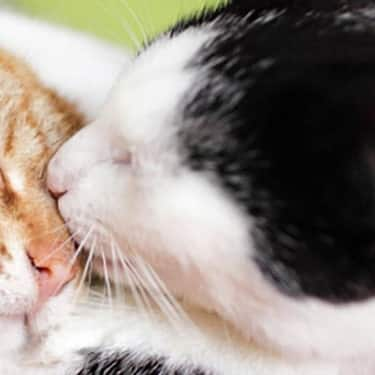
Learn the different factors that might be contributing to your cat's weight gain, and how bigger doesn't always mean better.
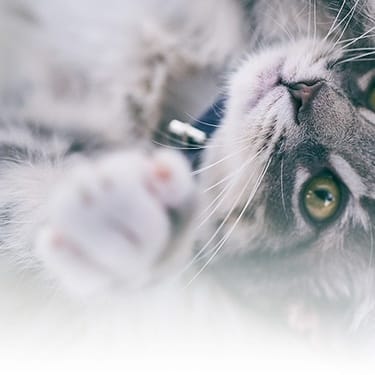
South African vets say more than half the patients they see are overweight. Learn more about managing your cat’s weight.
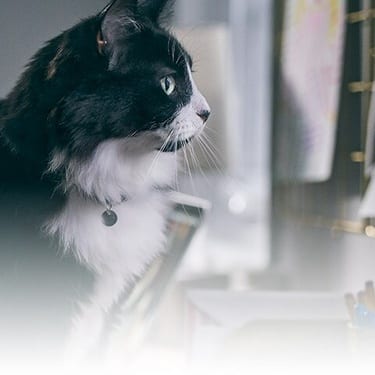
While hairballs are a common occurrence of cats, there are steps you can take to help them manage their problem and keep them healthy.

Put your cat on a diet without them knowing
Our low calorie formula helps you control your cat's weight. It's packed with high-quality protein for building lean muscles, and made with purposeful ingredients for a flavorful, nutritious meal. Clinically proven antioxidants, Vitamin C+E, help promote a healthy immune system.
Put your cat on a diet without them knowing
Our low calorie formula helps you control your cat's weight. It's packed with high-quality protein for building lean muscles, and made with purposeful ingredients for a flavorful, nutritious meal. Clinically proven antioxidants, Vitamin C+E, help promote a healthy immune system.